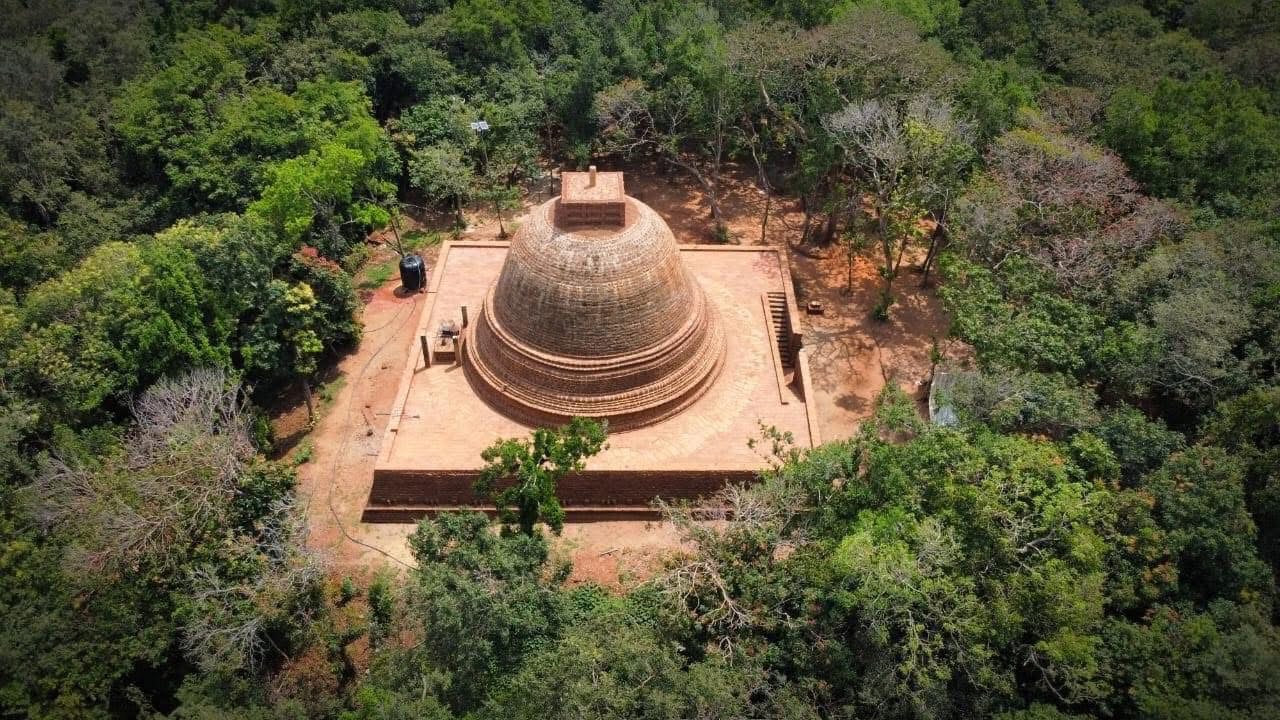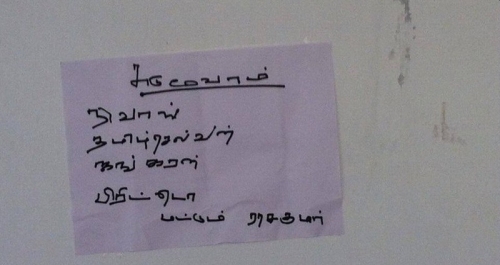Updated 03 Jan 2015
Last month the former secretary general of the Sri Lanka Freedom Party and minister of health, Maithripala Sirisena, who was also sworn in as the acting defence minister in May 2009, was announced as the common opposition candidate for the upcoming presidential elections. See our editorial: No Choice (22 Dec 2014)
 |
| Sirisena and Rajapaksa embrace during Sri Lankan government celebrations on May 19 2009 Photo: lkwebnews.com |
Sirisena has had a busy lead in to the elections since first announcing his intention to run as the common opposition candidate against the Sri Lankan President, Mahinda Rajapaksa.
Reaches out to BBS for support
The Bodu Bala Sena, allegedly responsible for violence against ethnic communities in Sri Lanka, shortly after the announcement of Sirisena's decision to run as opposition candidate, confirmed that he had reached out to the BBS to garner their support.
Immediate guarantees to protect Mahinda Rajapaksa and army from potential international war crimes prosecution
Within a week of assuming the role as the common opposition candidate, Sirisena stressed that he would not allow Mahinda Rajapaksa or armed forces to be tried for war crimes.
“I will not allow President Rajapaksa, his family or any member of our armed forces to be taken before any international war crimes tribunal,” Sirisena said to reporters.
Coalition forming with nationalist Buddhist political parties
Less than 14 days after, launching the opposition campaign, Sirisena signed an MOU with the Buddhist monk led political party, the Jathika Hela Urumaya (JHU). The JHU broke away from the ruling party coalition warning Rajapaksa that the Sinhalese were becoming a 'minority community' whilst calling on the president to follow 'Buddhist teachings.'
Rejections of Tamil demands based on elected TNA mandate, alongside pledges for Buddhist prominence
On 02 Dec 2014, Sirisena, at an election rally, said that he rejects calls from Tamil leaders for a federal constitution that granted greater powers of autonomy to the predominantly Tamil speaking North-East.
The Tamil National Alliance (TNA) was elected to the Northern Provincial Council last year under a mandate calling for a federal solution that devolved powers to a merged Northern and Eastern province and acknowledged the Tamil people's right to self-determination.
At the same rally Sirisena pledged further to preserve constitutional prominence given to Buddhism in any newly drafted constitution.
Reiterated rejection of international inquiry into Sri Lankan atrocities
At a joint election rally with the new opposition partner, the JHU, Sirisena reiterated his commitment to opposing any international investigation into Sri Lankan atrocities and prosecution of military authorities including current President Rajapaksa.
Categorical rejections of all rumours alleging promises to meet 'extremist' Tamil demands
Responding to rumours of the common opposition candidate party joining a pact with the 'extremist' Tamil National Alliance (TNA) to meet Tamil demands, Sirisena rejected that any pact had been made with the TNA.
Sirisena's opposition party made further rejections of the UN inquiry into Sri Lankan atrocities in an interview with the Hindu.
Official Maithripala manifesto rejects international investigation into Sri Lankan atrocities
Maithripala Sirisena's official manifesto, released on 19 Dec 2014, further reiterated, that "No international power will be allowed to ill-treat or touch a single citizen of this country."
In response to violations of human rights allegations, Sirisena's manifesto said that such allegations would be combated by "disseminating among the learned Western society Buddhism and its vision of impermanence and denial of soul that expressed non-violence, equality and great compassion for all."
Maithripala Sirisena hailed as only way to defeat foreign intervention
Sri Lanka's main opposition on 23 Dec 2014, stated that only Sirisena could settle the 'crisis' faced by Sri Lanka at the United Nations Human Rights Council (UNHRC). The opposition UNP blamed the current regime for "earning the wrath" of the international community.
Buddhist nationalists call on army to vote Sirisena for international protection
The ultra-nationalist Buddhist party, National Bhikku Front, called on the Sri Lankan army to vote for Sirisena, as the opposition candidate would never allow for an international investigation into Sri Lankan atrocities.
Reminds voters of 'patriotic' assumption of defence minister role during height of war against LTTE
In an interview with the Daily Mirror, Maithri assured readers he is a “patriot” saying,
“I was the Minister in Charge of Defence during the last two weeks of the war in which most of the leaders of the LTTE were killed with General Fonseka at the helm of the Army.”
“Prior to that I have acted as the Minister of Defence five times during the height of the war.”
Whilst serving his tenure as the Minister of Health, Sirisena has been one of the more vocal SLFP politicians in past years.





